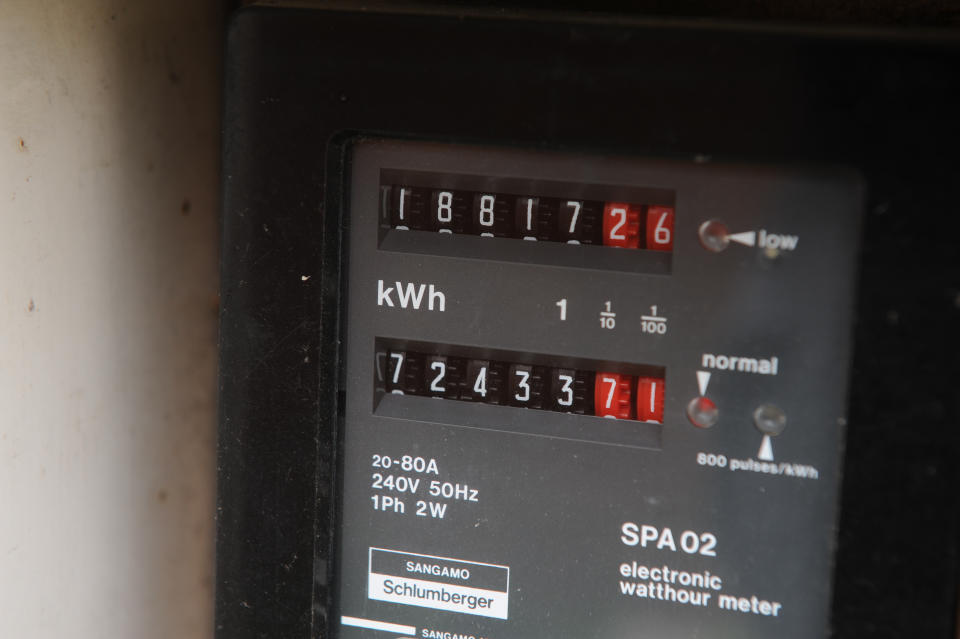Energy customers hit with backdated catch-up bills despite ban

Energy customers are being hit with backdated “catch-up” bills by their providers.
The BBC reported that figures from the Energy Ombudsman show it resolved 2,539 complaints about back-billing, where energy suppliers decide their customers haven’t been paying enough and retroactively increase past bills, in 2019.
They are typically issued when customers haven’t had regular meter readings, if a firm decides the estimated charges were actually too low.
READ MORE: The 2010s Were Energy's Decade of the Great Rewiring
These kinds of “catch-up” bills were banned by energy regulator Ofgem more than a year ago to prevent customers being left in debt after receiving unexpected large bills.
However, despite the ban, complaints have increased almost a third, from 1,903 in 2018. And more of these complaints were upheld.
Citizens Advice said it helped 2,691 people in England and Wales with catch-up bills in the year to November 2019.
READ MORE: Ofgem rips up licences linked to energy supplier farms
Shell Energy customer Clare Crisp told BBC News she received an email from in November where her direct debit to the company had nearly doubled from £72 to £130 per month.
As it turns out, the firm had cancelled her previous five-and-a-half years worth of electricity bills, and re-billed her with higher amounts – tacking on an extra cost of £512.
Shell Energy told the BBC that once it was notified of the mistake, Crisp’s account was refunded and her direct debit was amended.
READ MORE: British Gas to take on Breeze Energy customers
It said all of its customer accounts were monitored by "dedicated teams".
Citizens Advice research suggests the average backdated bill is about £1,160. However, in some cases, they have exceeded £10,000.
While energy firms are still trying to “get to grips” with the new rules, "it's important to point out that any decision to uphold a back-billing complaint may or may not be due to a failure on the energy supplier's part to apply the new rules correctly,” a spokesperson for the Ombudsman told the BBC.

 Yahoo Finance
Yahoo Finance 